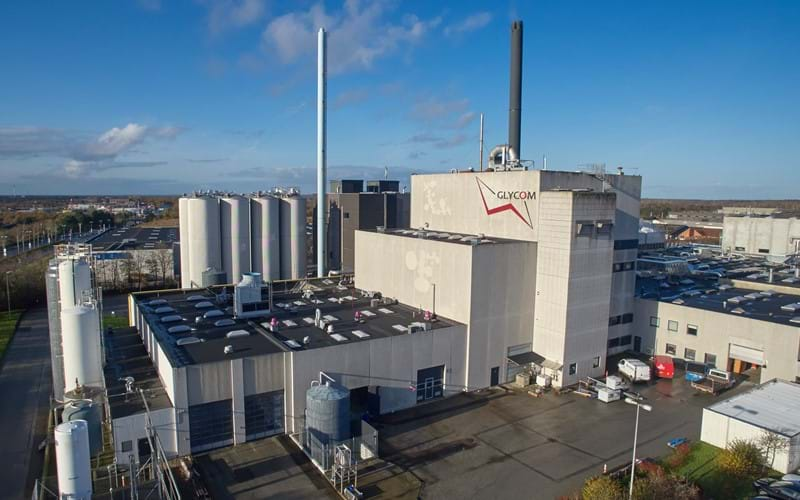
Royal DSM acquires Glycom A/S for €765m
Royal DSM NV has entered the growing market of human milk oligosaccharides (HMO) taking over the producer of recombinant 2'-fucosyl lactose, Danish Glycom A/S.
The Dutch industry giant for nutrition, health and sustainable products paid €765m for Glycom A/S, which made €74m of sales in 2019, mainly from a collaboration with Nestlé, which markets the Danish company’s recombinantly produced infant formula supplement 2′-fucosyl lactate (2-FL). This human milk oligosaccharide (HMO), which can be produced significantly cheaper in E. coli that by the classical chemico-enzymatic route, is the second largest component of human breast milk and is attributed to be crucial for the development of a health-promoting gut microbiota, and is said to be essential for the development of the brain and immune system of infants. The transaction sum of €765m represent an EV/EBITDA multiple of 20.6x based on the 2019 reported EBITDA, and around 15x based on the estimated 2021 EBITDA of Glycom.
Odd Hansen, CEO of Glycom, said: We are excited to join DSM. This not only enables us to accelerate the growth of Glycom by adding our HMO products to DSM’s broad global customer base and integrate it in its full solutions offering for infant nutrition customers, it also creates leverage with DSM’s strong R&D platform and clinical competencies to support development of Glycom’s next generation HMOs. DSM is a real great home for Glycom to reach its full potential.
Royal DSM said it expects Nestlé to continue to be an important customer in the future. Specifically, the Nestlé collaboration was cited as "a mutually beneficial long-term contract with firmly committed volumes also covering the mid-term horizon". However, a patent dispute pending between Glycom and German Jennewein Biotechnologie GmbH might challenge the collaboration. According to Nestlé spokesman Tobias Henritzi, Glycom assured that its recombinantly produced 2-FL was not infringing other companies patents upon signing the contract with the the Swiss nutrition giant, which made an equity investment of €200m representing a 36.3% share in 2011.
However, expanding Jennewein Biotechnologie, which was the first company to receive a market approval for E. coli-made 2′-FL under the EU Novel Food Regulation in 2017, says Glycom is infringing two of its patents, which allowed the company to make the purification process for recombinantly produced 2-FL significantly cheaper. According to the EU Novel Food Catalogue , which was introduced in late 2017, Glycom A/S submitted its Novel Food application for a recombinantly produced 2-FL just at the end of 2018. However, an FDA document qualifies that Glycom had the recombinant process earlier in place. Since 2017, a huge array of infant formula suppliers, which collaborate with biotech partners, entered the market of recombinant 2′-FL production, which contributes to the US$14bn human infant formula supplement world market, just after 2017.
Jennewein Biotechnologie, which made €30m in 2-FL sales last year, is not only competing with Glycom/Nestlé/DSM but with Glycosyn LLC/Friesland Campina Ingredients BV, Inbiose NV/DuPont Nutrition & Biosciences, and BASF SE to name only the biggest players. The transaction between Royal DSM and Glycom A/S is expected to close in Q2 2020.



 adobe.stock.com - ipopba
adobe.stock.com - ipopba BioDlink
BioDlink